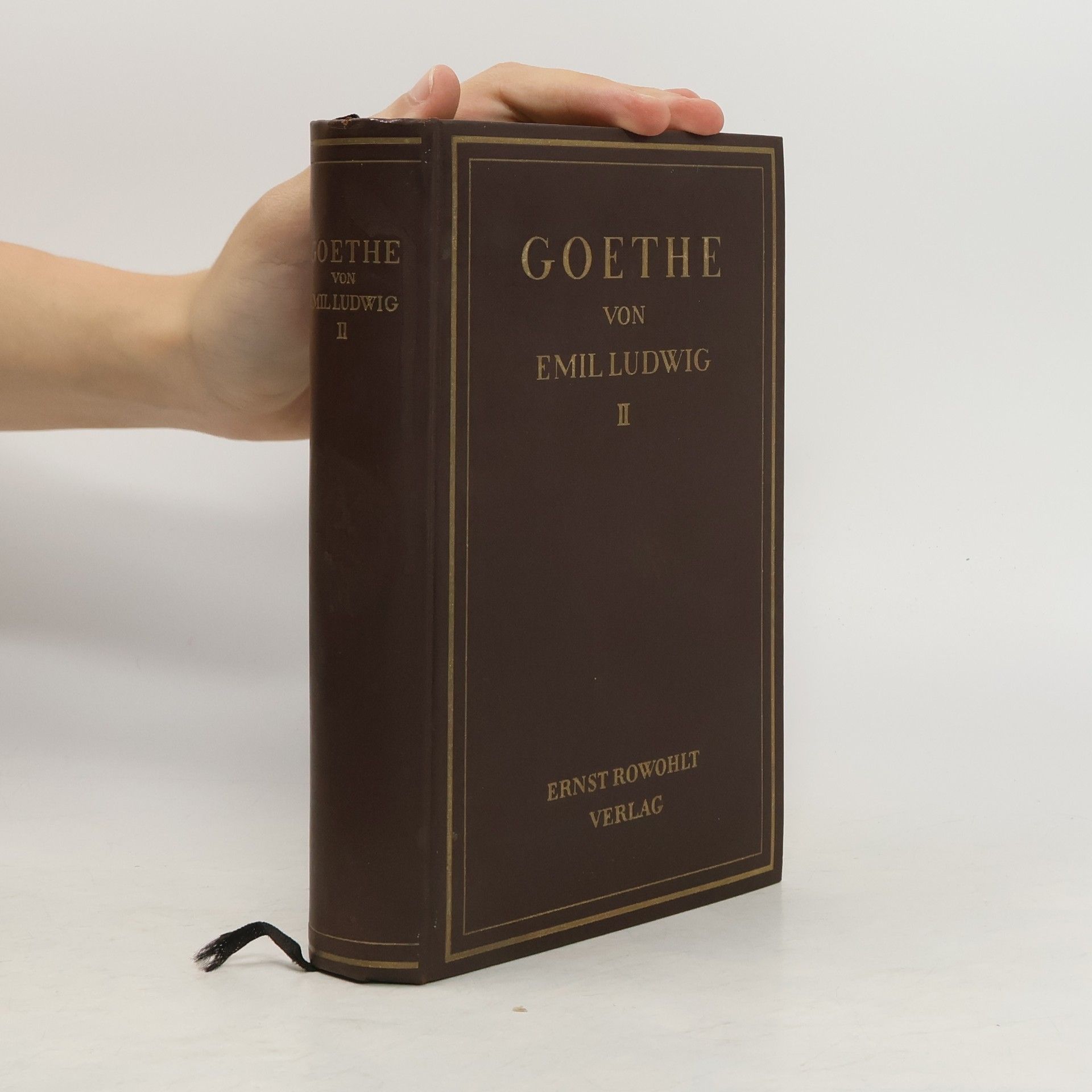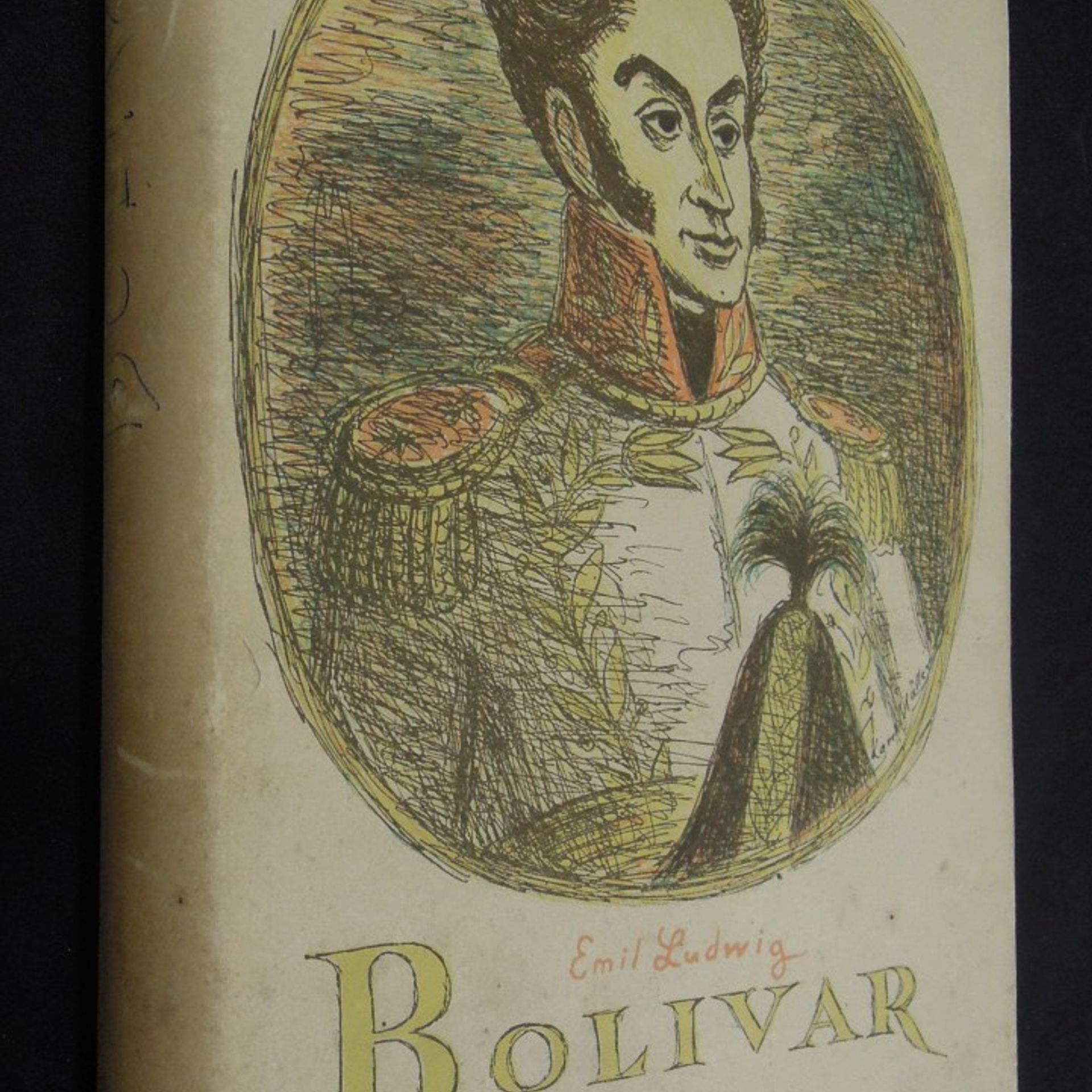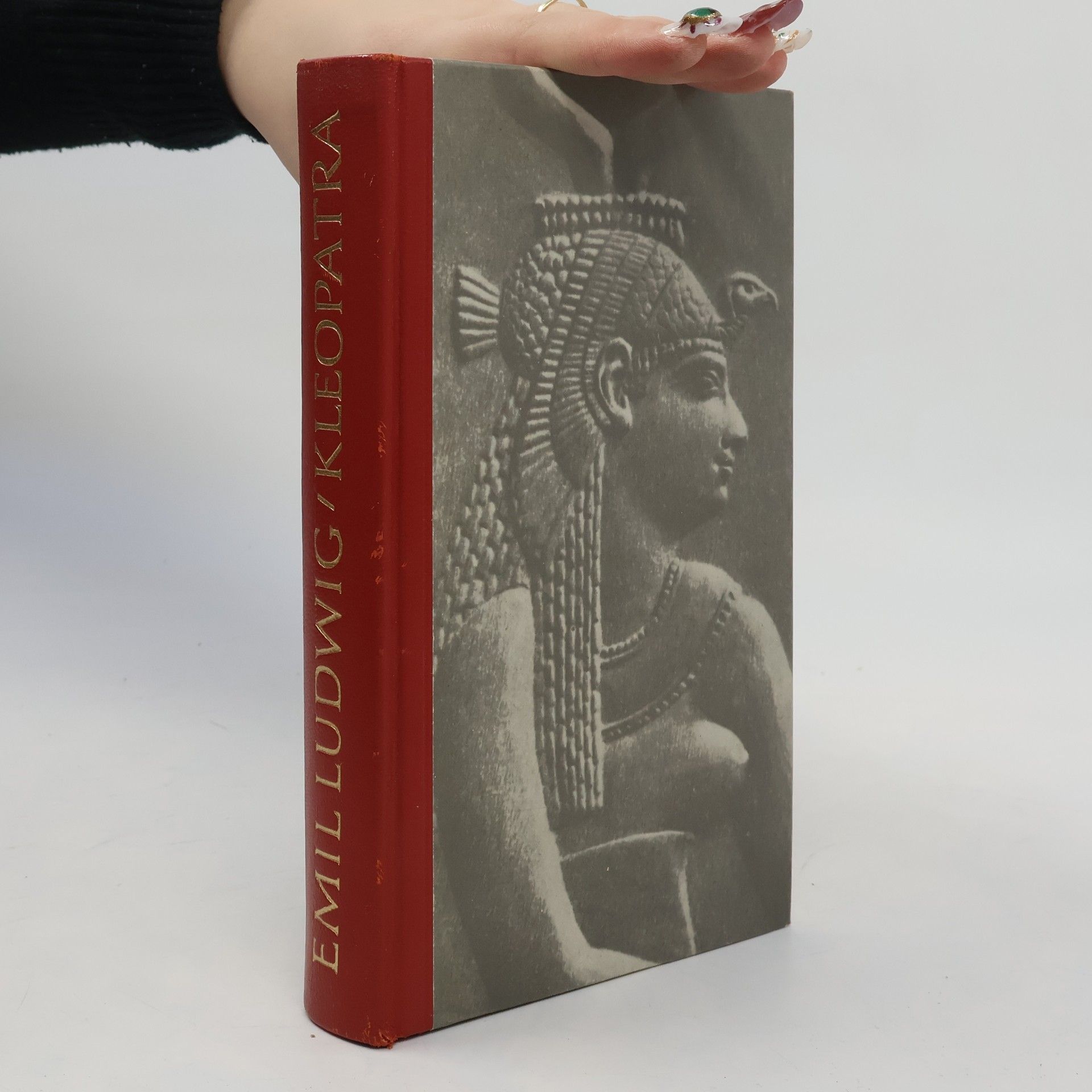Bismarck
- 661pages
- 24 heures de lecture
Otto von Bismarck was more than a politician and a leader: he was the single driving force that turned the disparate states of Germany into one cohesive empire. He then went on to lead Germany and the rest of Europe into an age of political peace that lasted from 1871 until the outbreak of World War I. Under his influence, Germany thrived. Bismarck’s use of statesmanship to fight for the interests of his country was legendary. As one of the most influential and powerful individuals in his country’s history, Bismarck became a symbol of leadership and pride for German nationalists. The historical conception of him was as the “Iron Chancellor,” an unbending and untouchable figure. In his landmark biography of the man of “blood and iron,” Emil Ludwig rejects the pedestal that history has placed Bismarck upon, and instead seeks a historical and psychological understanding of the chancellor “as he really was, and not as distorted by worship.” Bismarck was not merely a hard and calculating statesman, but a man ruled by pride, courage, and hatred. To fully comprehend the actions this enigmatic and important character, we must first understand his feelings, his motivations, and his private life. Beginning with Bismarck’s childhood and delving more fully into his early life than any other work, Ludwig’s landmark volume is invaluable in understanding the forces behind one of the most influential men in modern history.






